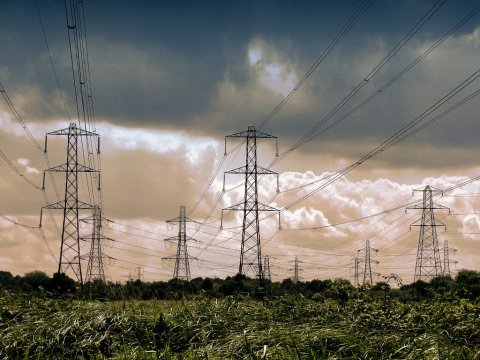
20 August 2019
The National Grid hasn't been having the best time as of late. Earlier in August, nearly 1 million people were left without power due to a blackout. That would be bad enough. But it was then revealed that the National Grid's CEO John Pettigrew was given a nearly £1 million pay rise this year. That takes his pay to a staggering £4.56 million.
It probably won't surprise you that National Grid is a privately owned company. As with all of our privatised services, it's become known for massive wastes of funds, excessive CEO salaries, and failure deliver its services properly. It's clearly not working in private hands. Here are five reasons the National Grid should be in public ownership:
1. We'd save millions
We're all being ripped off on the cost of energy. 10% of the public live in fuel poverty. According to Citizens Advice, National Grid (along with the regional energy distribution companies) are making around £1bn a year in extra profit that should be going into reducing bills. Add that to the massive senior management salaries (we're looking at you John Pettigrew!) - and we could cut out millions wasted through privatisation. That could be used to slash your bills and pull people out of fuel poverty.
2. Real accountability
Under privatisation, when something goes wrong with the energy network, you can do nothing about it. There's no accountability for the National Grid and there's no incentive for them to do better. We've seen that Ofgem - the National Grid's regulator - just doesn't hold them to account.
If we brought the National Grid into public ownership, we could ensure that the energy system is accountable to the public. We could ensure that it's decisions are made transparently and democratically. We've set out how this democratic public ownership could work in practice in our report - When We Own It.
3. Responding to the climate emergency
We're in the midst of a climate emergency. We need to drastically reduce our carbon emissions and switch to 100% renewable energy as soon as possible. At the moment, only about 30% of the UK’s energy comes from renewable sources. The National Grid was designed for an age of coal, oil and nuclear - but the future is decentralised, renewable energy. That needs huge investment in infrastructure. But private companies are lagging behind and prioritising shareholder profits instead.
By bringing the National Grid into public ownership, we could repurpose the energy network and build a clean, green energy future. Privatisation just won't deliver that, and it's costing the planet.
4. Decentralising energy
Right now, communities across the UK are lining up to connect new renewable energy projects to the grid. These are exactly the kind of energy projects we need in order to deal with the climate emergency and build a sustainable, localised and democratic energy future. But the process is currently far too slow and far too costly.
Bringing the National Grid into public ownership would allow us to ensure that projects like these can get connected and linked up quickly, helping us to transition away from fossil fuels quickly, and for good.

Image credit: Maxwell Hamilton - Creative Commons



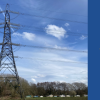



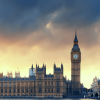

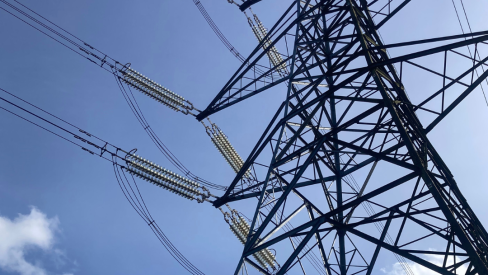
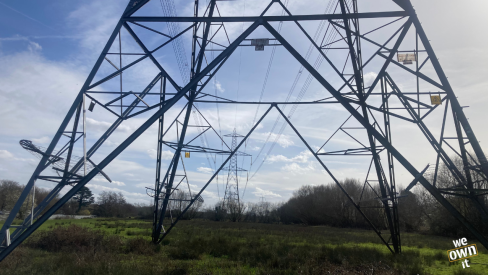
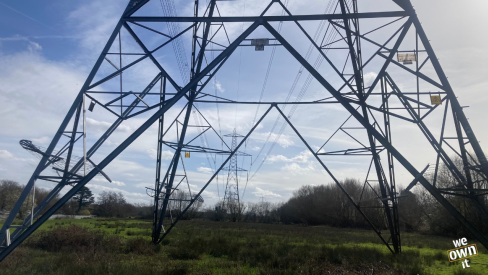
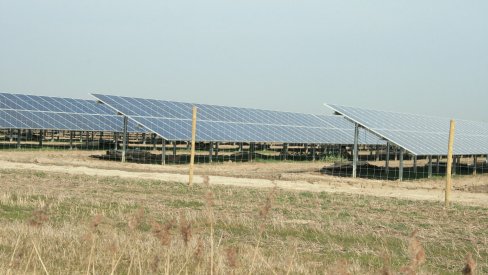

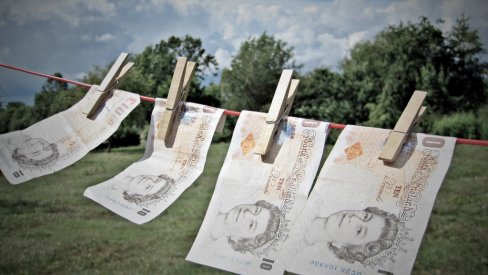
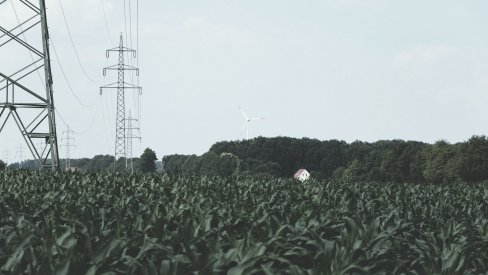
Comments
Janet Stubbs replied on Permalink
I have witnessed the demise of CEGB first hand and dispair with policy of privatisation. As such, thei priority is to generate profit ffs. How can that possibly be good for the population as a whole?
Add new comment